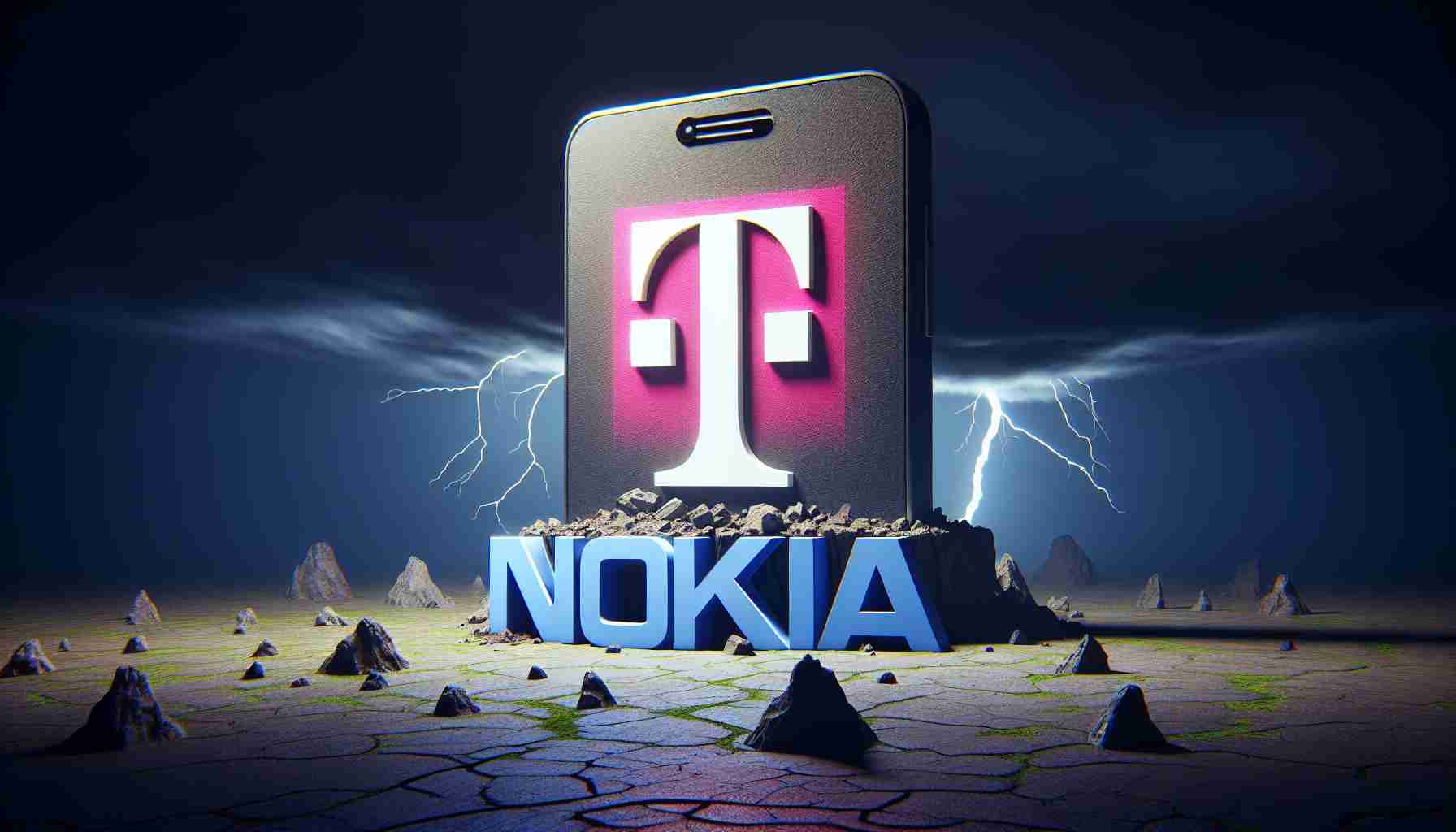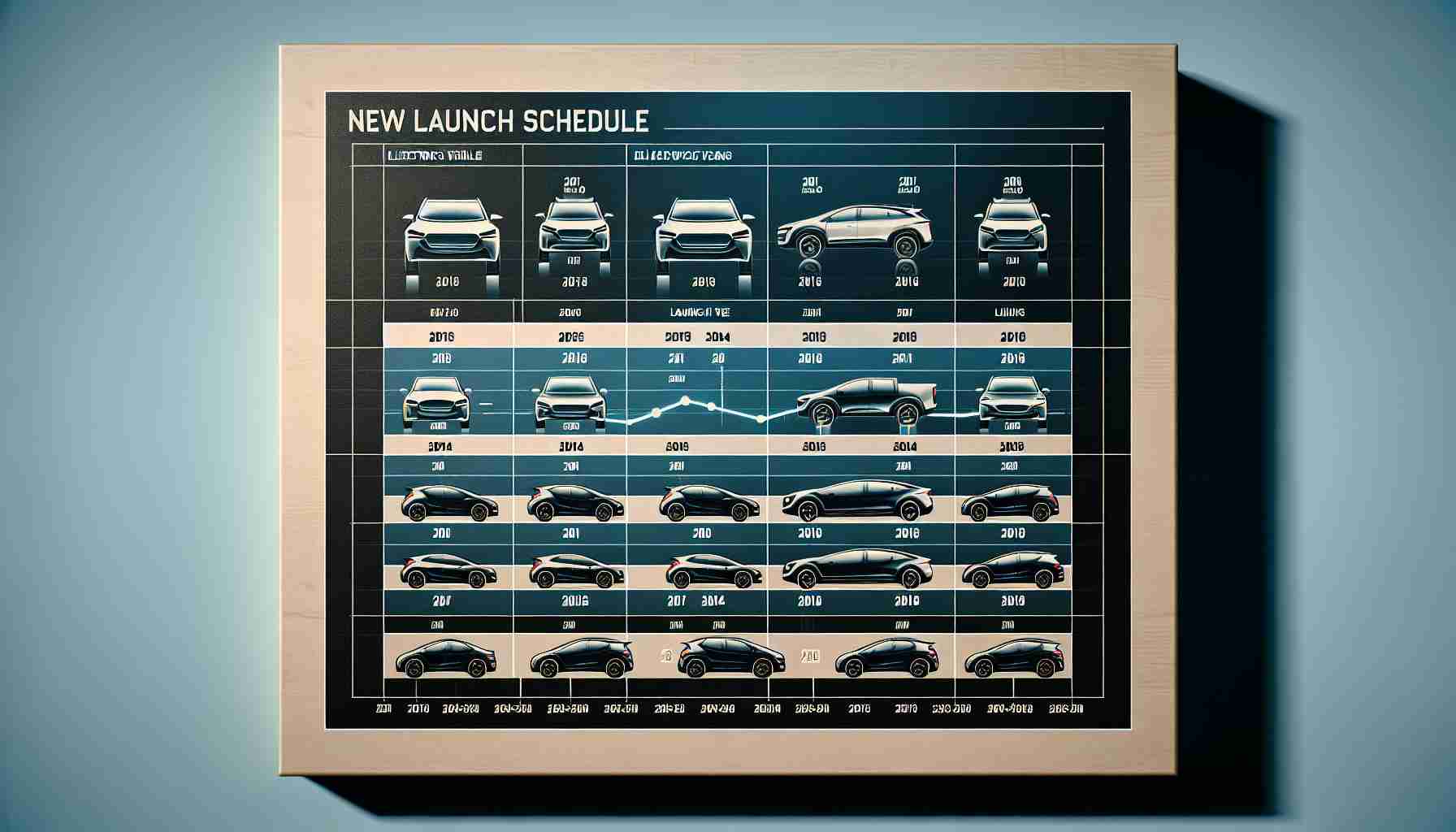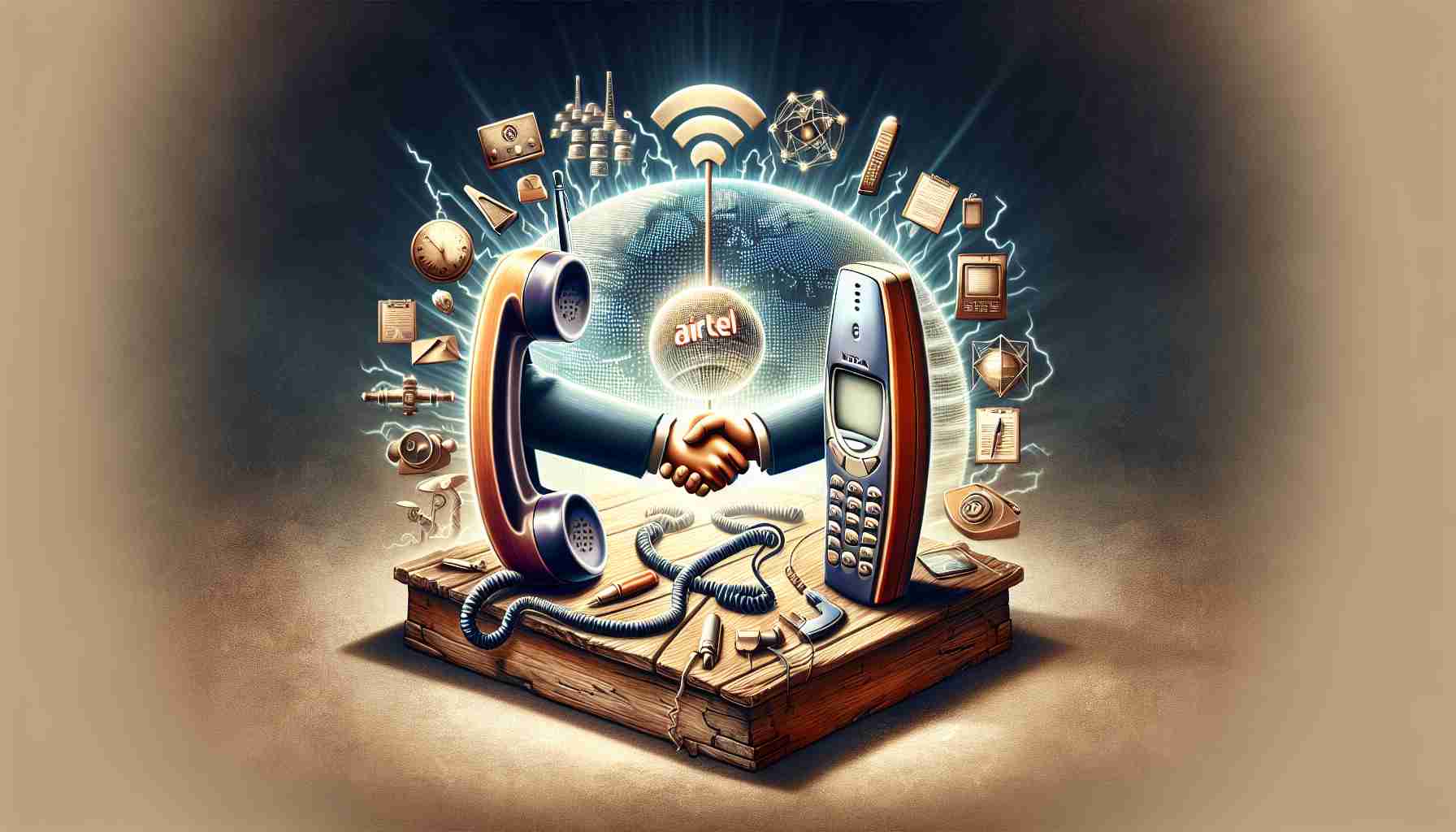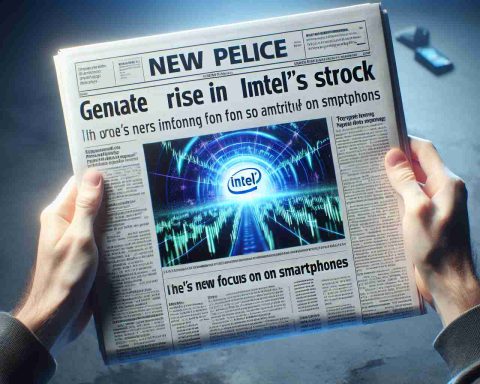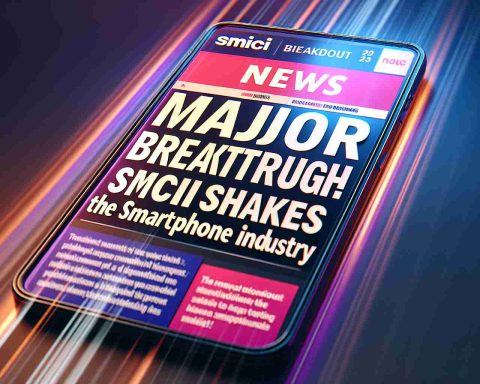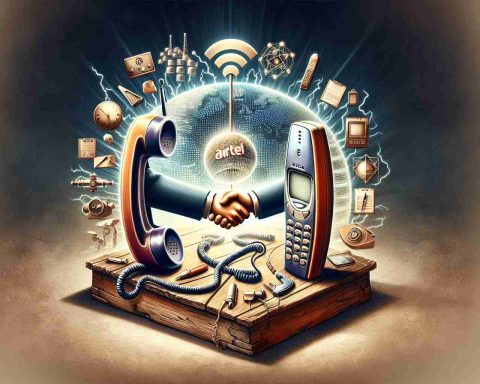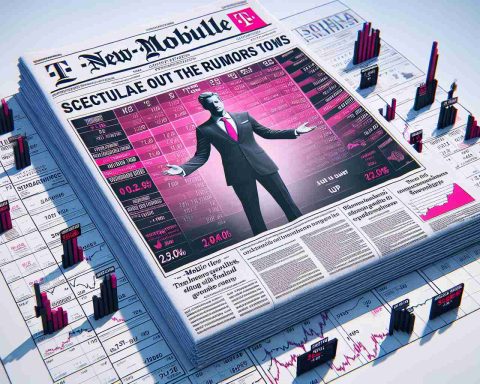Shares of Nokia took a hit with a significant 7% drop following a LinkedIn post by industry analyst Earl Lum of EJL Wireless Research. The post suggested potential changes in T-Mobile’s supplier preferences, hinting at a possible shift from Nokia to Sweden’s Ericsson for network hardware. Despite these speculations, T-Mobile was quick to clarify their position.
In a statement, T-Mobile emphasized their commitment to both Nokia and Ericsson, highlighting the crucial role each has played in developing what is now considered the largest and fastest 5G network in the United States. T-Mobile dismissed any claims of an impending change in their supplier relationships as inaccurate.
Lum’s suggestion stemmed from his observation of Nokia’s struggles to meet T-Mobile’s needs, drawing comparisons to the capabilities offered by Ericsson. This situation brings to light the competitive nature of the telecommunications industry, where provider contracts can hold substantial impacts on companies’ market shares.
Adding to the complexity, last year AT&T, another telecommunications giant, opted for Ericsson to expand its network infrastructure, anticipated to handle a massive 70% of its wireless traffic in the U.S. by the end of 2026. This strategic decision further limits Nokia’s influence in the North American telecom landscape.
As the market processes these developments, Nokia’s position remains under scrutiny while T-Mobile continues to collaborate with its key suppliers to maintain its leading network performance.
Is Nokia at Risk of Losing Its Grip on the 5G Market?
The recent fluctuations in Nokia’s market share have sparked intriguing debates regarding its long-term viability in the competitive landscape of 5G technology. Industry insiders are keenly observing Nokia’s strategic maneuvers as the company faces potential setbacks owing to shifting preferences in telecom suppliers.
The Global 5G Race and its Implications
In the global race to dominate 5G technology, telecommunications companies are continually reassessing their supplier relationships to ensure they stay ahead. The possible preference shift from Nokia to Ericsson by major players like T-Mobile and AT&T could significantly alter the dynamics of the industry.
Currently, 5G technology is revolutionizing industries by providing faster internet speeds, low latency, and higher connectivity, which are essential for innovations like autonomous vehicles, smart cities, and advanced medical technologies. The competition to provide the backbone of this technology is, therefore, fiercely contested among network equipment suppliers.
Interesting Facts and Controversies
– Strategic Partnerships: Ericsson’s strengthening position in the U.S. through partnerships with companies like AT&T demonstrates strategic foresight. Their aggressive push into North America could set a precedent for future telecom investments, swaying other companies to follow suit.
– Technology and Performance: Nokia has been struggling to meet certain technical specifications required by T-Mobile, a fact noted by industry analyst Earl Lum. This highlights a crucial challenge for Nokia to innovate and meet market demands or face potential exclusion from significant collaborations.
– Economic Impacts: A shift in supplier preference can also influence local economies, as these large contracts typically involve significant investments in infrastructure and job creation. Shifts could, therefore, have both positive and negative social impacts depending on regional reliance on Nokia facilities and supply chains.
Advantages and Disadvantages
– Advantages:
– For companies like T-Mobile and AT&T, choosing the most efficient and innovative suppliers means better service offerings for customers, reinforcing their market leadership.
– For Ericsson, consolidating its position can lead to increased market share and revenue growth, potentially accelerating further technological advancements.
– Disadvantages:
– For Nokia, losing major contracts might lead to financial strain, impacting research and development budgets and innovation capacity.
– Subcontractors and local businesses depending on Nokia’s operations could suffer economically if key, lucrative contracts are lost.
Questions Arising from the Shift
– What does this mean for consumers?
Customers might enjoy enhanced services as telecom companies partner with top-performing suppliers. However, the pressure on companies like Nokia may lead to market consolidation, potentially reducing competition and innovation.
– Are there long-term implications for Nokia?
If Nokia fails to adapt quickly, they risk falling behind as a key infrastructure provider, not just in North America but globally, impacting their influence in the telecom industry.
For more information on the state of the telecommunications industry, check out link name and link name.

